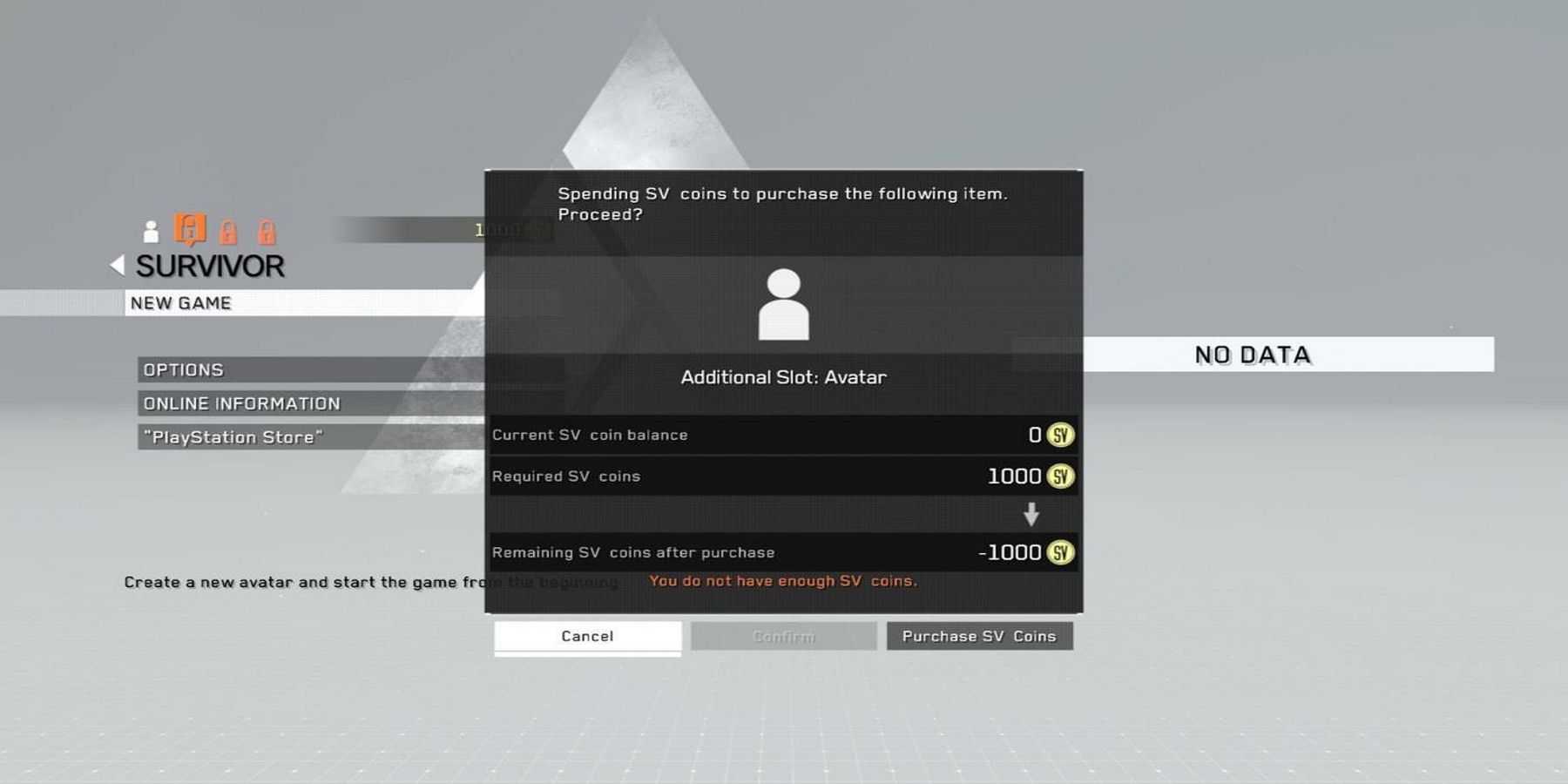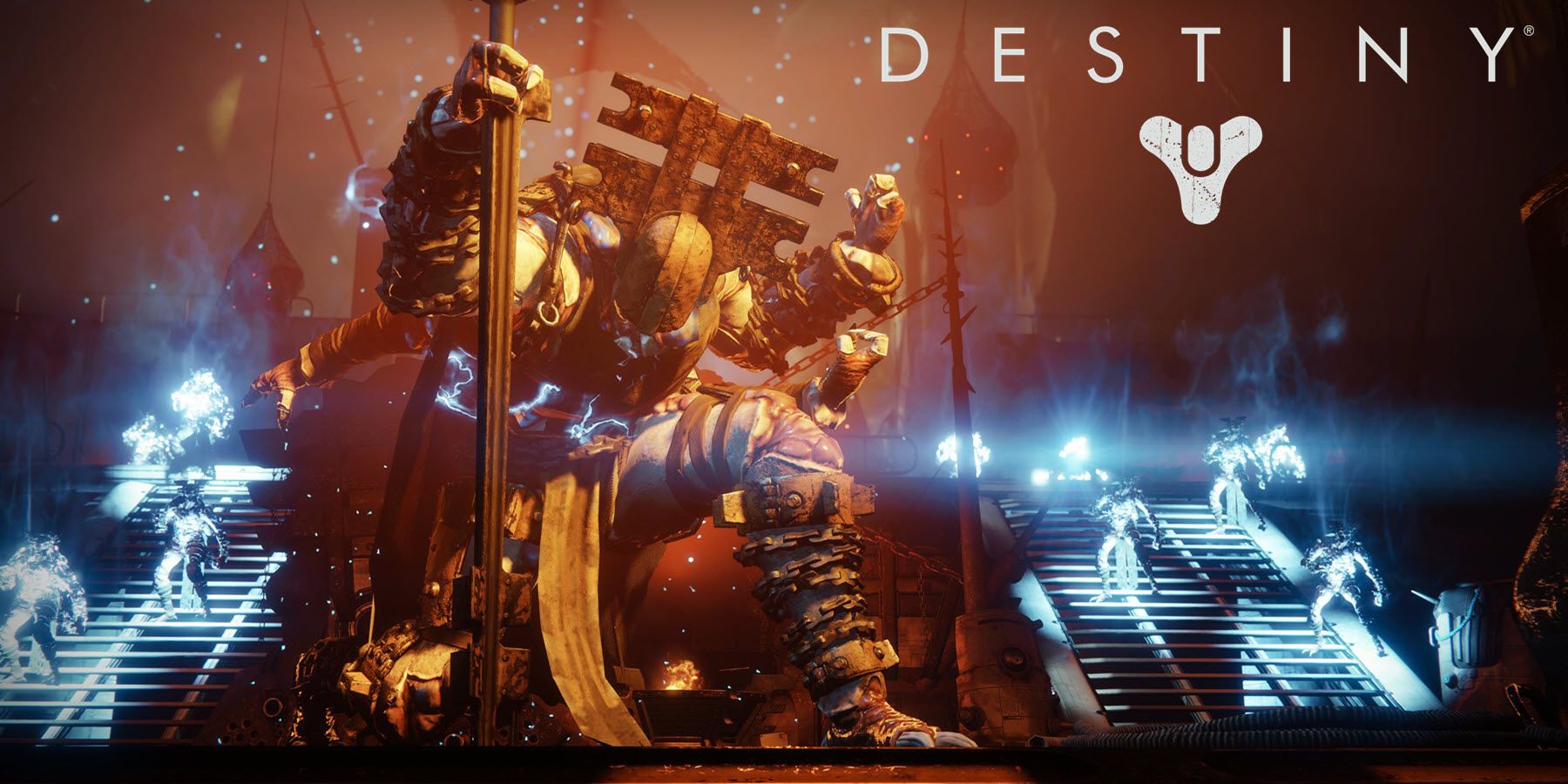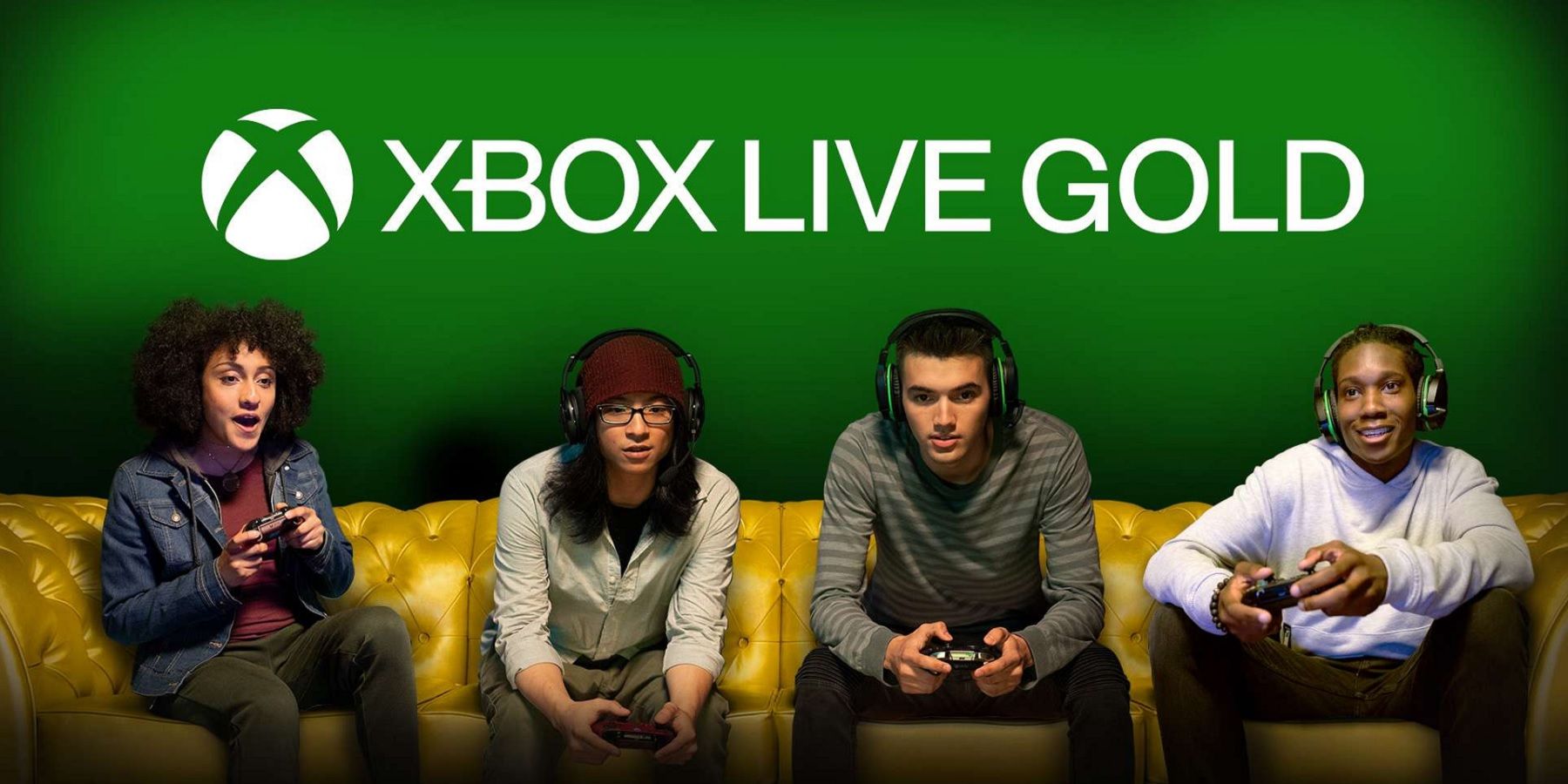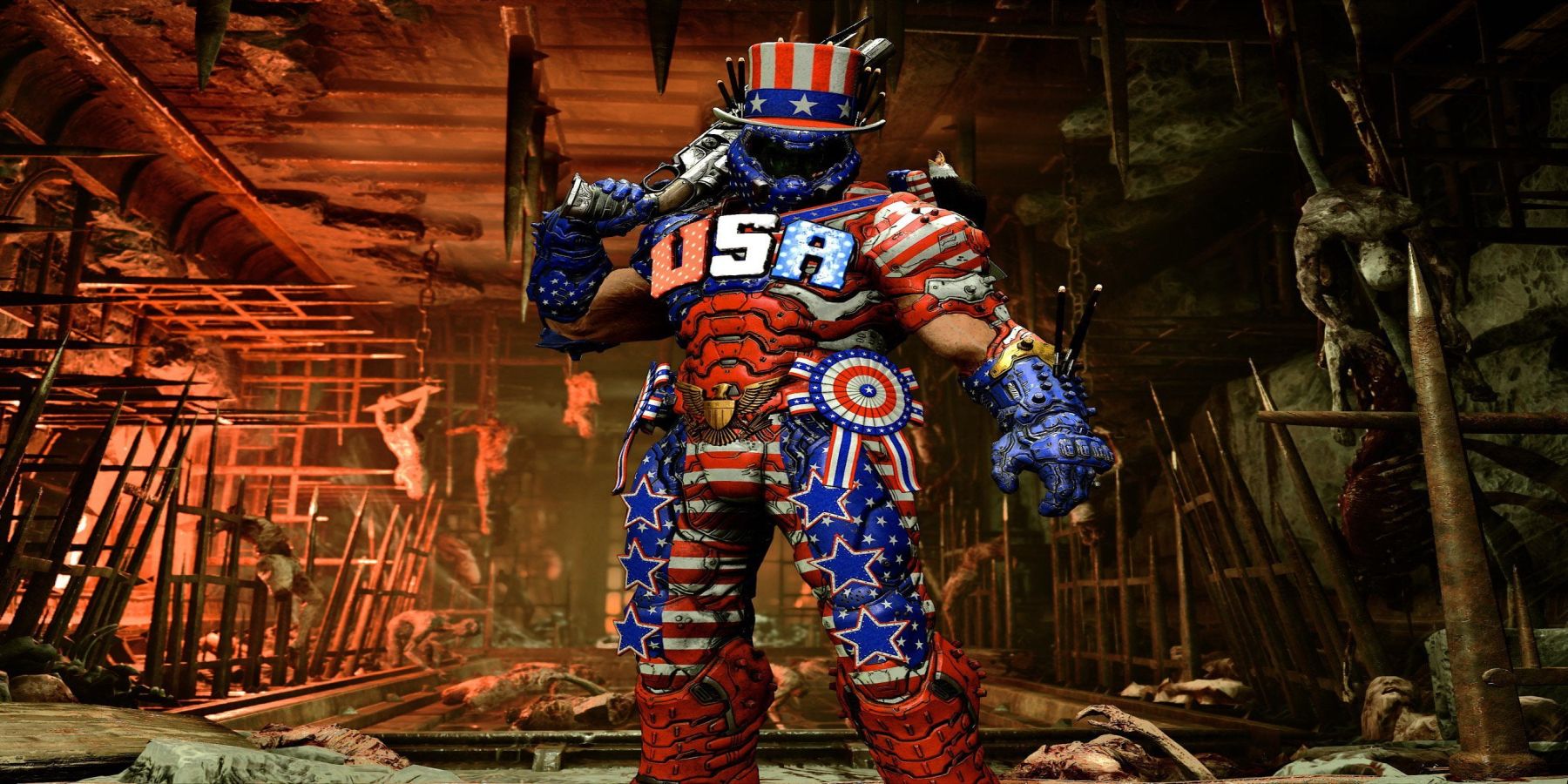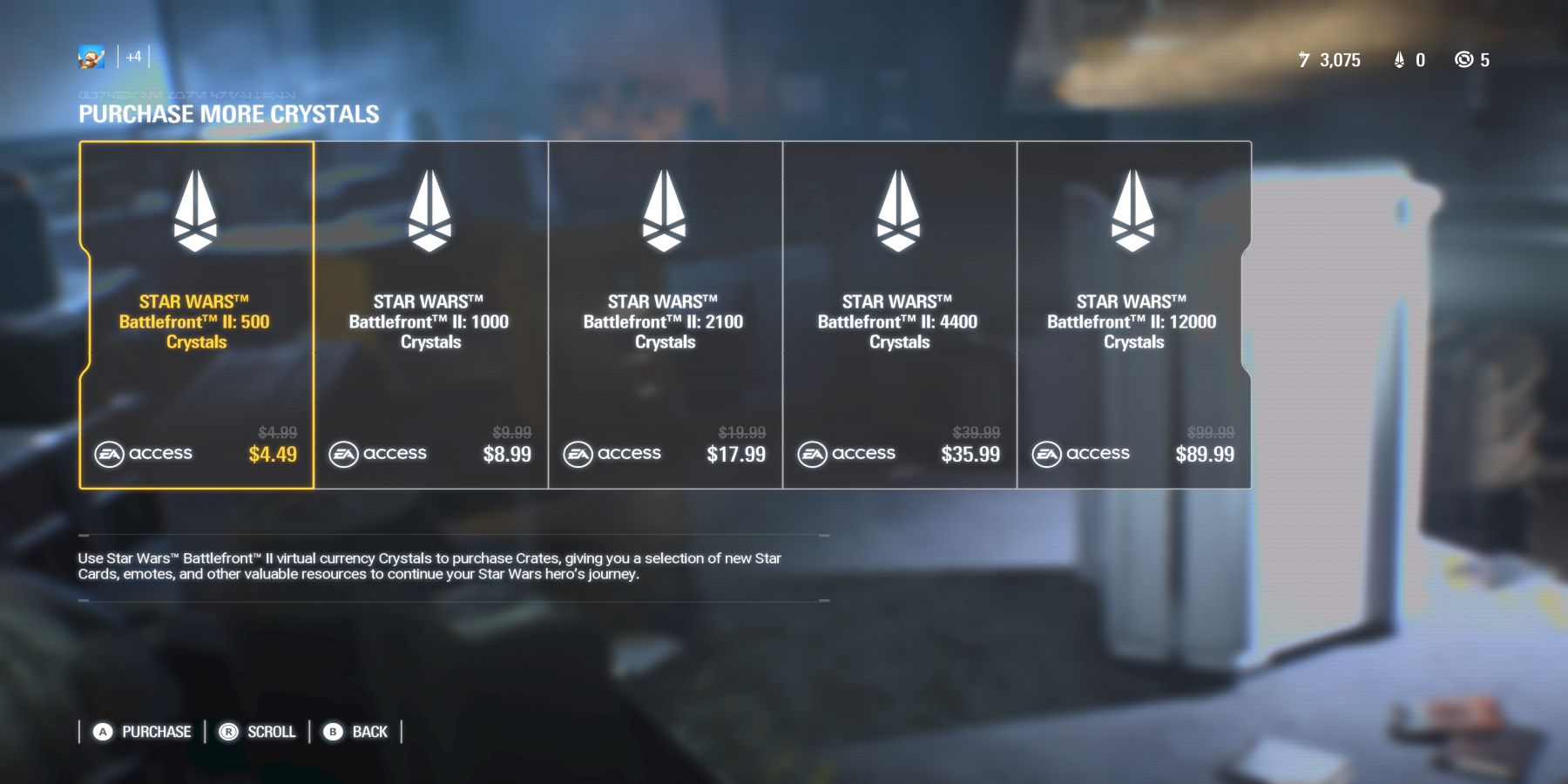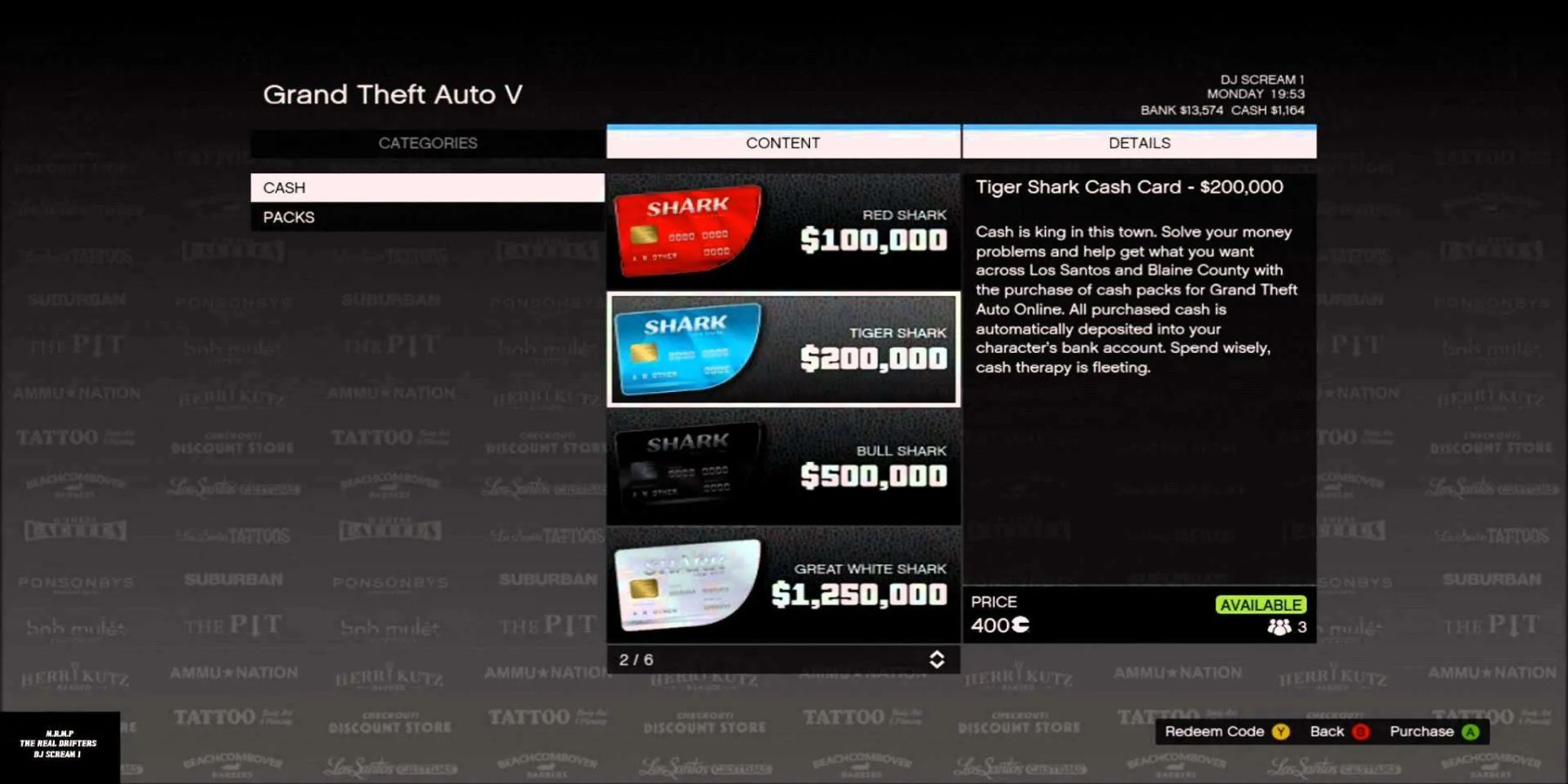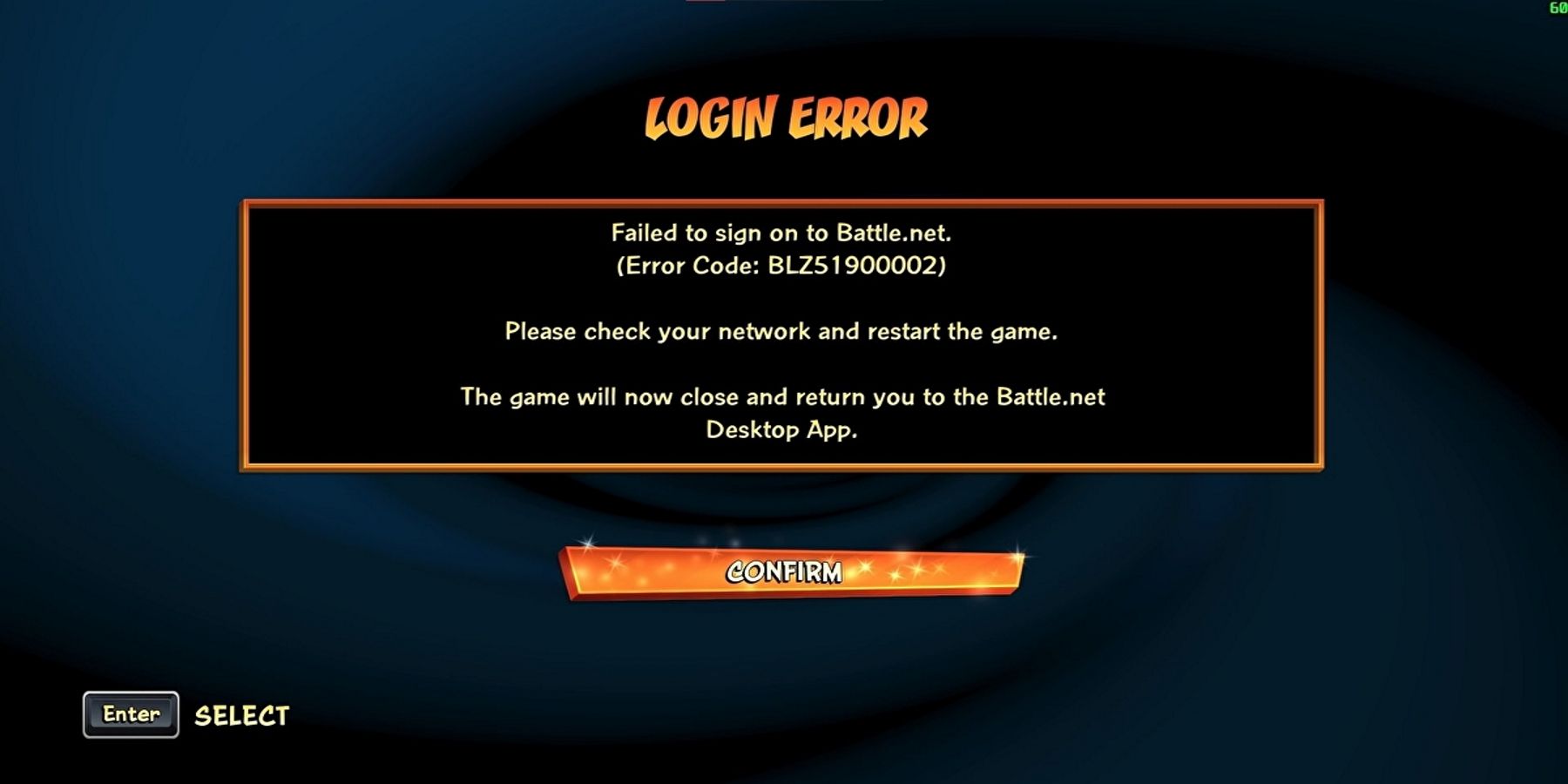The modern landscape of gaming has changed quite drastically from what it was even just 10 years ago. A big reason for this has been the shift to making games themselves more of a service than an individual product. Granted, gamers have always been buying "copies" of games, however, gone are the days of it being as simple as once was.
This 'Games as a Service' push has not only changed the way people consume the games they play but how games are made, sold, and supported over the years. In many ways, one could argue that this has been a good thing, however, there are numerous drawbacks and players have wasted no time in making their voices heard on this issue.
8 Unfinished & Buggy Releases
With the advent of online gaming came the ability to push out corrective updates to a game (should it need them) on the part of the developers. Prior to this, games came out in either an acceptable state, or they were simply broken forever, and nobody played them. Consequently, this put pressure on developers to get it right the first time and release a game on time and with minimal bugs or missing features. This has, in quite a few cases, fallen by the wayside due to 'games as a service' practices.
When the post-launch period is potentially the most profitable, a game can release and be in utter shambles but eventually be updated to work correctly and get new features added. This is especially common in games that are also heavily monetized, such as Fallout 76, which was infamous for having an abysmal launch followed by extensive post-launch fixes and updates.
The idea is that even if the day one sales are bad, the developers and publishers will still make money on DLC packs, expansions, season passes, or microtransactions after the fact. For obvious reasons, this trend has often been maligned as anti-consumer and dishonest by gamers.
7 Over-Monetization
One thing about gaming as a service is that everything seems to cost money. Buying the game, buying the expansions, buying the cosmetics and upgrades, buying the in-game currency that also happens to buy those things, the list just goes on and on. Some games go free to play in an effort to seem more attractive to those who dislike this aspect of gaming but what tends to happen is that once players download that free game, most of everything in said game costs money through microtransactions or DLC packs, etc.
This usually includes things that the player might especially want. Sometimes things as simple as extra save files are monetized, like in the case of Metal Gear Survive. Some games have otherwise unobtrusive monetization schemes, such as Sea of Thieves, but other games add all kinds of methods with which to squeeze as much money out of a game’s player base as they can.
6 Time-Sensitive Content
Call of Duty and Destiny fans are well acquainted with the idea of time-sensitive content drops, otherwise known as "fear of losing out" or "FOMO." For the former it comes in the form of battle passes which expire after a certain amount of time, preventing the player from earning anything in it, thereby forcing those who want to get the new items to grind extra hard and play like crazy in order to beat the clock, so to speak. The other solution is that they just buy the battle pass and have everything automatically.
The idea is psychological, at least on the part of the publishers/developers. If the content is only for a limited time, it will create a scramble mentality in which players, who don't have the option of earning these items at their own pace, will flock to the game to get all the unlocks before the pass expires. The easiest way to do that on the part of the player is to buy it. Anyone who has gone out shopping on Black Friday understands this phenomenon.
5 Games Are No Longer Owned
With gaming becoming more and more like a streaming service, many players are beginning to find that they don't actually own the games they're playing. Back in the days before things like Steam or Xbox Live Gold, when a player bought a game, it was theirs. It didn’t matter if there was no internet connection or subscription being paid, the game could be played as long as the hardware it was made for was still working (save for things like online multiplayer).
However, as things like Steam began to become extremely popular, players found themselves unable to play their games unless they were a member of a particular platform or subscription service and had an always active internet connection. What's more, the player can easily be banned or lose access to these services in which case they definitely can't play their games. At that point, with all the prerequisites necessary to play and how at the mercy of publishers like Valve or EA players are, players exert perhaps the smallest amount of ownership over the games they play in the history of the industry.
4 "Unending" Post Launch Content
While many may have lamented their favorite games getting a final update at some point in the past, the seemingly endless support model has caused a few problems of its own over the years. For one, the developers are often encouraged to add increasingly ridiculous and silly rewards and unlockables over time. Call of Duty and Doom Eternal are two such games that eventually started getting content updates that were entirely tongue in cheek.
Insurgency: Sandstorm almost received a similar content update; however, the fans voiced their displeasure and the developers chose not to add said content to the game. With sequels taking longer and longer, and games consequently being designed to be played for a longer period of time, developers are under more pressure to develop extra content to fill the gaps and keep people playing. Often times it results in somewhat 'low hanging fruit' content simply because it's the most feasible within the business model.
3 Less Than Honest Practices
Some gamers have decried the 'games as a service' model as being dishonest and shady. Companies like EA, Activision Blizzard, Bethesda, and Valve have repeatedly found themselves in hot water with the community for practices that many would describe as anti-consumer. A perfect example of this would be the loot box fiasco that EA found themselves in with Star Wars: Battlefront 2. Fans were irate at the idea of a fully priced game that contained such an aggressive loot box model in which natural progression was purposefully made more difficult in order to drive players into buying said loot boxes.
Loot boxes themselves have come under a massive amount of scrutiny due to their similarity to gambling, a practice that is age-restricted and regulated by law and has thus been labeled as predatory by some. While they have been on the decline in gaming as of late, the practice of making traditional progression more difficult in order to subtly encourage buying DLC or microtransactions is still somewhat common, as seen in games such as Call of Duty Black Ops: Cold War.
2 Pay To Win
Pay-to-win mechanics are easily some of the most despised by gamers in recent memory. Pay to win refers to DLC that not only gives the player a noticeable if not significant advantage in the game, giving them a better chance to win but mechanics that de facto force the player to spend their money in order to win. This has been seen in both single-player and multiplayer games.
It is a deliberately unbalanced system designed to encourage players to use their money to win, hence "pay to win." Games infamous for including pay to win mechanics at one time or another include Star Wars: Battlefront 2, Grand Theft Auto 5, Middle Earth: Shadow of War, and many others. Aside from its inherently unbalanced nature, many have argued that 'pay to win' is exploitive of gamers' desire to win and complete the games they play.
1 Always Online
Games requiring an online connection have become more popular as of late. This is no surprise for multiplayer games which have always needed the internet, however, this trend has also been observed in single-player games. Games like Crash Bandicoot 4: It's About Time for example have not needed an internet connection historically. What happens is the player needs to use a service like Origin or Xbox Live to access their games, and if they have no internet connection, they can't use said services. Without the service, they can't play the game.
It is speculated that the reason companies are tying their games to their services is because the service itself is a product. They sell their games through them and control how they’re run. The company also has access to user data and can develop products and business models based on the information. This seems like a great idea from a business standpoint, however, for many gamers the era of taking the console or laptop on the road and playing games without the internet is on its way out.

-Featured-image.jpg)

